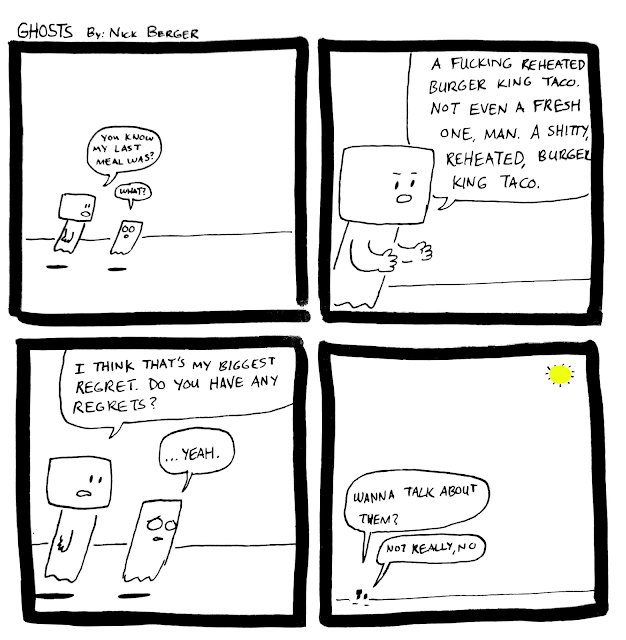Week 1- Frankenstein or The Modern Prometheus
While reading Frankenstein, I couldn’t help but see it as a LGBTQ+ narrative. The book opens with Captain Robert Walton and his crew rescuing Victor Frankenstein from the cold. The way Walton describes Victor with such loving detail comes off as romantic. It’s hard to read it as anything but Walton falling in love with Victor. This observation switched on the “okay so this book is gay” switch in my head and colored the rest of my reading.
The Creature himself suffers a narrative that most LGBTQ+ people are familiar with, whether it be through living it or from fear of living it. When his father/creator realizes that his son didn’t turn out the way he envisioned, he is instantly rejected. Victor does not see the beautiful man he wanted to create and treats his abnormal appearance as hideous. Throughout the book, he believes his creation to be pure evil. However, the Creature is not evil at all; he is simply different and wants to find happiness. He is rejected by all who see him, and just wants someone else like him so he won’t feel alone. I empathize with this, being non-binary and bisexual; it’s easy to feel lonely in a society that looks down on you, so we (i.e. LGBTQ+ people) seek companionship with each other. However, The Creature’s ultimate tragedy is that there is no one else like him, and the only person who can change that refuses to. The Creature’s rage and sadness is understandable. The poor soul doesn’t even have the love of his own father, something far too many LGBTQ+ people can relate to (or fear having to deal with, leaving them stuck in the closet). The Creature indulges in his anger and commits acts of violence in hopes of quelling his rage, but he is still miserable, even when Victor dies, because he is still alone.
One of the most tragic moments in the novel is when The Creature sees his reflection for the first time. He, too, sees himself as a hideous monster because he looks different from those around him and was rejected by his own father. He hides himself from the family whose cottage he was secretly living in. When he finally makes a friend, it’s with the blind man who lives there. Then he is discovered by the rest of his family and is forced out. The fear of rejection and violence when the real you is seen by others is a very real fear we have and it is, unfortunately, often proven to be a valid fear.



Comments
Post a Comment